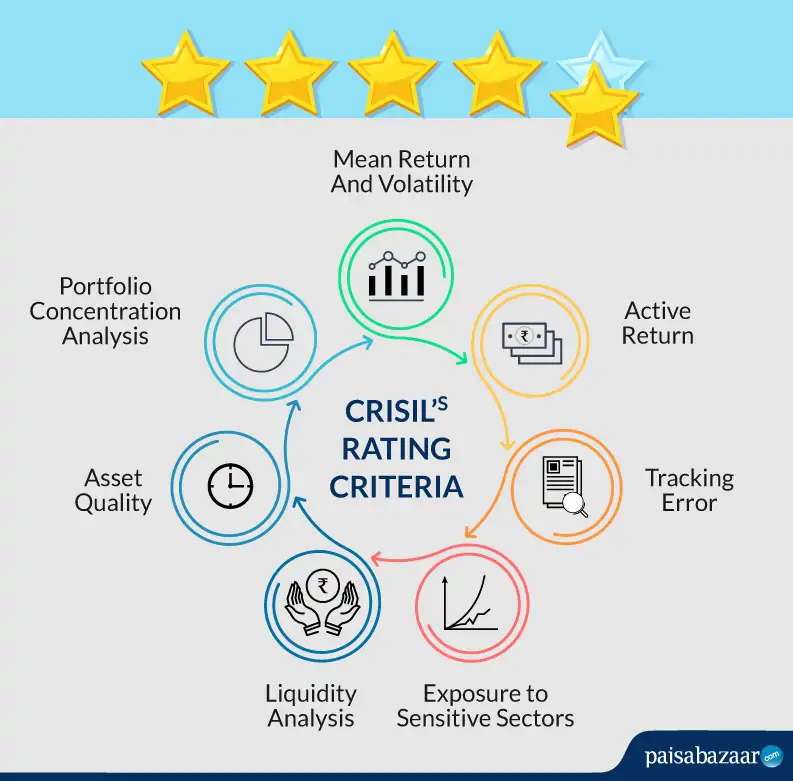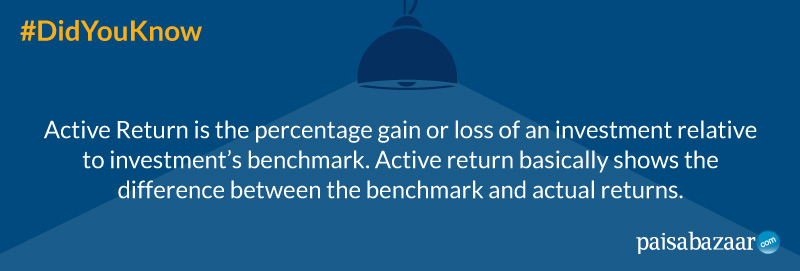Table of Contents :
CRISIL, an acronym for Credit Rating Information Services of India Limited, is the first Credit Rating Agency established in India. It’s a global analytical company whose main objective is to make financial markets function better. It provides ratings, research, risk and advisory services to numerous companies and financial institutions.
It is majorly owned by Standard and Poor’s Global Inc. which provides transparent ratings, benchmarks, analytics across the world’s financial markets.
The analysis, insights and solutions provided by CRISIL help institutions across the country in taking better financial decisions and mitigating risks.

What is CRISIL Rating?
CRISIL rating refers to a rating which the company assigns to an entire range of debt instruments and financial entities. This credit rating by CRISIL tells us about the creditworthiness of an instrument or an institution under consideration by using various analytical tools and financial history.
These institutions can be manufacturing companies, banks, NBFCs, PSUs, financial institutions, state governments, urban local bodies, and mutual funds.
CRISIL Rating helps issuers and borrowers in augmenting their access to funding, looking for various funding and investment alternatives. The rating also helps in optimising the cost of funds for the financial entity.
How Do Ratings Help in Making Investment Decisions?
Credit Score of an issuer company gives an idea about the credibility of the company and this helps investors make better investment decisions. Also, rating agencies time the market regularly. Because of this, investors who lack knowledge and time to decide whether to keep the instrument or sell it.
A high credit rating is a sign of a secure investment avenue that carries a minimum risk of bankruptcy. It also comes in handy for shortlisting investment vehicles from a pool of financial instruments.
What is CRISIL Rating criterion for Mutual Funds?
Credit Rating refers to a quantified assessment of credit-worthiness of an individual or an institution. It is used by financial institutions for providing loans and helps businesses in raising debt.
Mutual Fund Rating helps retail investors as well as asset management companies in taking right investment decisions.
Following are the parameters on which CRISIL ranks Mutual Funds:
- Mean Return and Volatility
Mean returns refers to an average of daily returns on fund’s Net Asset Value (NAV) over a defined time period and volatility is the standard deviation of this average.
- Active Return
After the categorisation/rationalisation of mutual funds by SEBI, active return parameter has been incorporated in equity categories for evaluating and ranking mutual fund schemes. As funds from different risk-return profiles are considered, it is better to use active returns in place of mean returns.

- Portfolio Concentration Analysis
Portfolio Concentration measures the risk that arises out of over-diversification. For equity securities, diversity score is used as a parameter to measure industry as well as company concentration. In the case of debt schemes, the company concentration is analysed at an individual issuer-specific limit.
- Exposure to Sensitive Sectors
This parameter measures the risk of a portfolio of debt schemes that consists of investment in industries sensitive to market fluctuations. For debt funds, industry concentration and exposure to sensitive sectors is measured using Industry Risk Score of each industry.
- Liquidity Analysis
It assesses the ease with which a portfolio can be liquidated. A low score suggests more liquidity. For equities, the number of days required to liquidate the portfolio is taken into consideration.
- Asset Quality
Quality of assets evaluates the possibilities of default by the issuer of the debt mutual fund to honour on-time repayment.
- Tracking error
Used only for index schemes, tracking score estimates the variation in scheme’s performance with regard to the index that it tracks. The lower the score, the better.
- Count of Negative Returns
This parameter is used to capture the downside risk of arbitrage funds.
How CRISIL Ranks Mutual Fund Schemes?
CRISIL’s methodology for ranking Mutual funds is one of the globally used practices. It is widely accepted by institutional investors, retail investors, intermediaries and asset management companies. Only open-ended funds are taken into consideration for ranking.
CRISIL Mutual Fund Ranking includes funds from different categories such as equity, debt and hybrid asset classes. It uses the combination of Net Asset Value (NAV) and portfolio-based attributes for assessment.
The ranks are given on a scale from 1 to 5. In each category, the top 10 percentile of funds are ranked as CRISIL Fund Rank 1 and the next 20 percentile as CRISIL Fund Rank 2.
CRISIL also provides Customised Mutual Fund Rankings for wealth management firms and private banking institutions. The ranking is done for funds shortlisted by the clients and as per their wishes.
FAQs for CRISIL
Some frequently asked questions about CRISIL and its rating have been answered here:
Q. Is credit rating useful to invest in debt mutual funds?
A. Credit rating is one of the most important inputs to make investment decisions but is not the only recommended factor to buy, hold or sell debt mutual funds.
Q. Does CRISIL rating guarantee repayment?
A. No. This rating is not an assurance of repayment. In fact, it is an opinion to define the degree of risk that is associated with such repayments. It also represents a calculation of the possibilities of default.
Q. Who regulates rating agencies?
A. In a number of countries, a Capital Market Regulator regulates these agencies. In India, the Securities and Exchange Board of India (SEBI) is the capital market regulator that oversees these rating agencies.
Q. What is the reason for changes in credit rating?
A. The CRISIL rating is assigned on the basis of various assumptions and expectations about the variables that directly or indirectly have an impact on the issuer’s performance. These variables tend to change due to entities’ performance and accordingly influence the credit ratings.
Q. What is the benefit of credit rating for investors?
A. Even though credit rating is not the only defining factor to decide whether to invest in a
particular fund or not, it helps investors get a comparative assessment of the available investment options, credit analysis and assets monitoring.
1 Comment Comments
Its really helpful Divya. I really appreciate your work. 🙂